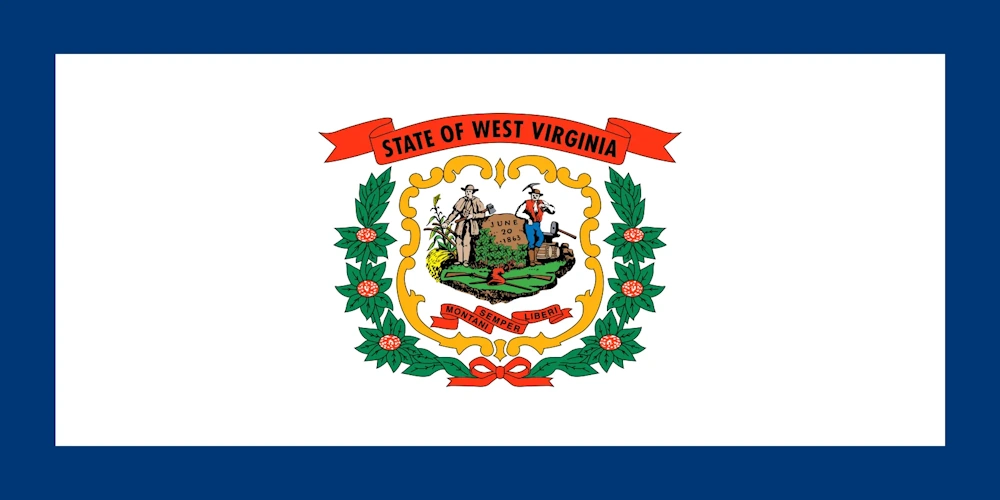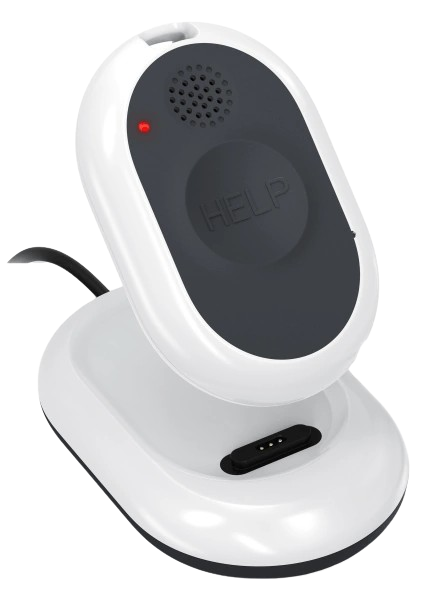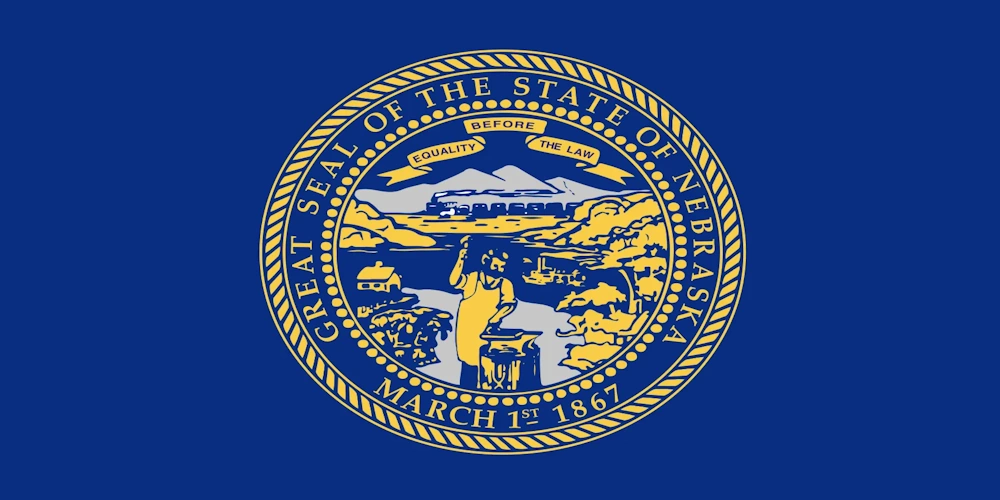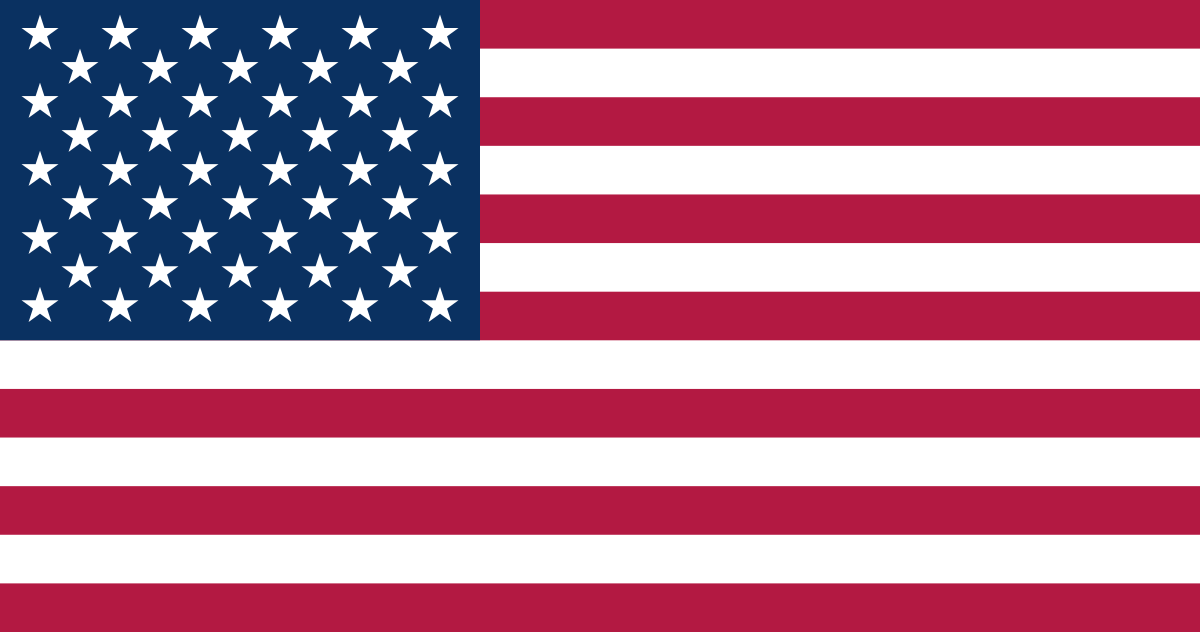West Virginia’s workforce includes many roles in industries like mining, utility services, home healthcare, agriculture, and transportation—where employees often work alone or in remote environments. These lone workers may operate without direct supervision, co-workers nearby, or immediate access to emergency assistance. As such, employers must take proactive measures to ensure these employees remain safe and supported on the job.
West Virginia does not operate its own OSHA-approved occupational safety and health program, which means that all private-sector and most public-sector employers are regulated directly by federal OSHA. However, the West Virginia Division of Labor plays a supporting role in workplace oversight and labor compliance matters at the state level.
On This Page
Our Guide To Lone Worker Safety Policy And Legislation In West Virginia
Since West Virginia is under federal OSHA jurisdiction, employers must comply with OSHA’s general workplace safety regulations. While OSHA does not have a regulation specifically for lone workers, it requires all employers to provide a work environment free of recognized hazards under the General Duty Clause of the Occupational Safety and Health Act.
This means employers must assess risks faced by lone workers and take appropriate steps to reduce those risks. This can include improving communication systems, implementing check-in protocols, or providing emergency response tools.
The West Virginia Division of Labor enforces other labor laws—such as wage and hour standards, licensing, and workplace protections—which, while not directly focused on lone worker safety, may be relevant to worker treatment and conditions.
How West Virginia Defines A Lone Worker
Like many states, West Virginia does not formally define “lone worker” in its labor or safety laws. However, for practical purposes, a lone worker is understood to be someone who performs their job duties in isolation, without direct contact with coworkers or supervisors.
Common lone worker roles in West Virginia include:
- Oil, gas, and mining workers in remote field sites
- Home health aides and social workers visiting clients
- Forestry and agricultural workers
- Utility repair technicians and linemen
- Overnight custodial or security personnel
- Delivery drivers and field sales representatives
Because lone workers are more vulnerable in emergencies, it’s important for employers to evaluate the risks tied to these types of positions.
Employing A Lone Worker In West Virginia
When employing lone workers in West Virginia, safety responsibilities fall under federal OSHA’s regulations. Employers must:
- Conduct Job Hazard Analyses to evaluate the risks associated with isolated work conditions
- Implement Effective Communication Protocols, such as mobile phones, radios, or lone worker safety apps
- Establish Check-In Systems, either manual or automated, to ensure workers are monitored throughout their shift
- Develop Emergency Procedures tailored to situations where the worker is alone
- Provide Training that covers risk awareness, emergency response, and safe work practices for working independently
These steps demonstrate a clear commitment to worker safety and help mitigate the risks inherent in lone working conditions.
Learn How You Can Protect Your Employees With Loneworker.com

With Loneworker.com you can be equipped with the knowledge and the means to protect your employees and protect your business. Contact us today to learn more about how Loneworker.com can protect you and your employees.
How The Safe Lone Worker App Can Protect West Virginia Lone Workers And Employers
The Safe Lone Worker app enables West Virginia employers to track and monitor remote employees in real time, supporting OSHA compliance and improving emergency response readiness. Features such as fall detection, panic alerts, scheduled check-ins, and GPS tracking make it easier to ensure a lone worker’s safety throughout the workday.
For organizations managing field-based, isolated, or overnight staff, this technology helps fulfill legal responsibilities and enhances peace of mind for both employers and employees.
West Virginia Lone Worker Policies
West Virginia does not maintain its own OSHA-approved safety and health program. As a result, workplace safety—including the protection of lone workers—is governed by federal OSHA standards. While OSHA has no rule that exclusively addresses lone workers, employers are still obligated to assess job-specific hazards and implement measures that ensure the safety of isolated employees.
For the most accurate and current guidance, employers should consult OSHA’s official website and explore OSHA’s employer resources and publications. This content is provided for informational purposes only and should not be used as a substitute for legal advice or official regulatory consultation.
West Virginia Lone Worker Resources
OHS Contact Centre
- 1-866-415-8690
CDC / NIOSH
- 800-232-4636

Affordable Monitoring For Lone Workers In West Virginia

-
 Monitoring Your Employees' Safety
Monitoring Your Employees' Safety
-
 GPS Tracking And Monitoring
GPS Tracking And Monitoring
-
 Man Down Panic Alerts
Man Down Panic Alerts
-
 24/7 Protection Anywhere
24/7 Protection Anywhere
Lone Worker Legislation
Lone Worker Safety Policies And Legislation By State
-
 Alabama State Safety Policies And Legislation
Alabama State Safety Policies And Legislation
-
 Alaska State Safety Policies And Legislation
Alaska State Safety Policies And Legislation
-
 Arizona State Safety Policies And Legislation
Arizona State Safety Policies And Legislation
-
 Arkansas State Safety Policies And Legislation
Arkansas State Safety Policies And Legislation
-
 California State Safety Policies And Legislation
California State Safety Policies And Legislation
-
 Colorado State Safety Policies And Legislation
Colorado State Safety Policies And Legislation
-
 Connecticut State Safety Policies And Legislation
Connecticut State Safety Policies And Legislation
-
 Delaware State Safety Policies And Legislation
Delaware State Safety Policies And Legislation
-
 Florida State Safety Policies And Legislation
Florida State Safety Policies And Legislation
-
 Georgia State Safety Policies And Legislation
Georgia State Safety Policies And Legislation
-
 Hawaii State Safety Policies And Legislation
Hawaii State Safety Policies And Legislation
-
 Idaho State Safety Policies And Legislation
Idaho State Safety Policies And Legislation
-
 Illinois State Safety Policies And Legislation
Illinois State Safety Policies And Legislation
-
 Indiana State Safety Policies And Legislation
Indiana State Safety Policies And Legislation
-
 Iowa State Safety Policies And Legislation
Iowa State Safety Policies And Legislation
-
 Kansas State Safety Policies And Legislation
Kansas State Safety Policies And Legislation
-
 Kentucky State Safety Policies And Legislation
Kentucky State Safety Policies And Legislation
-
 Louisiana State Safety Policies And Legislation
Louisiana State Safety Policies And Legislation
-
 Maine State Safety Policies And Legislation
Maine State Safety Policies And Legislation
-
 Maryland State Safety Policies And Legislation
Maryland State Safety Policies And Legislation
-
 Massachusetts State Safety Policies And Legislation
Massachusetts State Safety Policies And Legislation
-
 Michigan State Safety Policies And Legislation
Michigan State Safety Policies And Legislation
-
 Minnesota State Safety Policies And Legislation
Minnesota State Safety Policies And Legislation
-
 Mississippi State Safety Policies And Legislation
Mississippi State Safety Policies And Legislation
-
 Missouri State Safety Policies And Legislation
Missouri State Safety Policies And Legislation
-
 Montana State Safety Policies And Legislation
Montana State Safety Policies And Legislation
-
 Nebraska State Safety Policies And Legislation
Nebraska State Safety Policies And Legislation
-
 Nevada State Safety Policies And Legislation
Nevada State Safety Policies And Legislation
-
 New Hampshire State Safety Policies And Legislation
New Hampshire State Safety Policies And Legislation
-
 New Jersey State Safety Policies And Legislation
New Jersey State Safety Policies And Legislation
-
 New Mexico State Safety Policies And Legislation
New Mexico State Safety Policies And Legislation
-
 New York State Safety Policies And Legislation
New York State Safety Policies And Legislation
-
 North Carolina State Safety Policies And Legislation
North Carolina State Safety Policies And Legislation
-
 North Dakota State Safety Policies And Legislation
North Dakota State Safety Policies And Legislation
-
 Ohio State Safety Policies And Legislation
Ohio State Safety Policies And Legislation
-
 Oklahoma State Safety Policies And Legislation
Oklahoma State Safety Policies And Legislation
-
 Oregon State Safety Policies And Legislation
Oregon State Safety Policies And Legislation
-
 Pennsylvania State Safety Policies And Legislation
Pennsylvania State Safety Policies And Legislation
-
 Rhode Island State Safety Policies And Legislation
Rhode Island State Safety Policies And Legislation
-
 South Carolina State Safety Policies And Legislation
South Carolina State Safety Policies And Legislation
-
 South Dakota State Safety Policies And Legislation
South Dakota State Safety Policies And Legislation
-
 Tennessee State Safety Policies And Legislation
Tennessee State Safety Policies And Legislation
-
 Texas State Safety Policies And Legislation
Texas State Safety Policies And Legislation
-
 Utah State Safety Policies And Legislation
Utah State Safety Policies And Legislation
-
 Vermont State Safety Policies And Legislation
Vermont State Safety Policies And Legislation
-
 Virginia State Safety Policies And Legislation
Virginia State Safety Policies And Legislation
-
 Washington State Safety Policies And Legislation
Washington State Safety Policies And Legislation
-
 West Virginia State Safety Policies And Legislation
West Virginia State Safety Policies And Legislation
-
 Wisconsin State Safety Policies And Legislation
Wisconsin State Safety Policies And Legislation
-
 Wyoming State Safety Policies And Legislation
Wyoming State Safety Policies And Legislation







